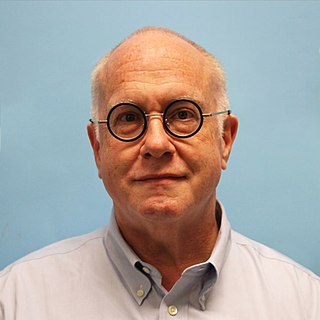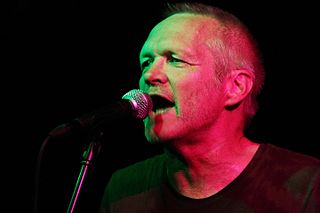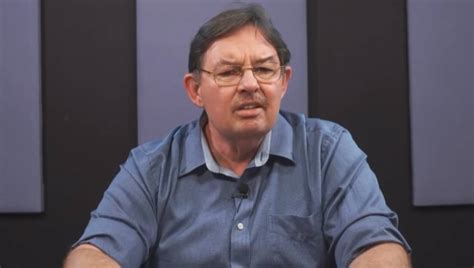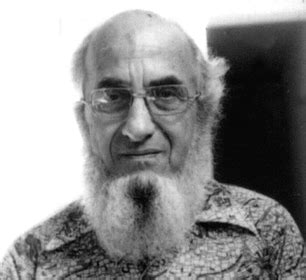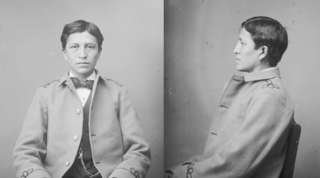A Quote by Louis D. Brandeis
If there be time to expose through discussion the falsehood and fallacies, to avert the evil by the processes of education, the remedy to be applied is more speech, not enforced silence.
Related Quotes
The nation relies upon public discussion as one of the indispensable means to attain correct solutions to problems of social welfare. Curtailment of free speech limits this open discussion. Our whole history teaches that adjustment of social relations through reason is possible when free speech is maintained.
The main point in our report was to recommend decriminalization...because of the way laws are applied, which have not worked. We have applied them for decades and it's got the prisons filled with lots of young people who sometimes come out destroyed for having half an ounce... We should approach it through education and health issues rather than a brutal reaction... There is need for change in policy, but it has to start with debate and discussion... I think the whole approach has to be reviewed.
I believe in freedom of speech, and at the same time I think that sometimes it can be worth it to not say something. In my opinion there is a sort of limit to that freedom, but where that limit exactly lies is open for discussion. As soon as there is no longer any discussion possible, than it has reached its limits and therefore freedom of speech will no longer exist.
Silence is the element in which great things fashion themselves together ... Speech is too often ... the act of quite stifling and suspending thought, so that there is none to conceal ... Speech is of Time, silence is of Eternity ... It is idle to think that, by means of words, any real communication can ever pass from one man to another.
Despots play their part in the works of thinkers. Fettered words are terrible words. The writer doubles and trebles the power of his writing when a ruler imposes silence on the people. Something emerges from that enforced silence, a mysterious fullness which filters through and becomes steely in the thought.
In the twentieth century, men -- all of us -- find themselves compelled to commit or condone evil for the sake of preventing an evil believed to be greater. And the tragedy is that we do not know whether the evil we condone will not in the end be greater than the evil we seek to avert-- or be identified with.
Conversation was never begun at once, nor in a hurried manner. No one was quick with a question, no matter how important, and no one was pressed for an answer. A pause giving time for thought was the truly courteous way of beginning and conducting a conversation. Silence was meaningful with the Lakota, and his granting a space of silence to the speech-maker and his own moment of silence before talking was done in the practice of true politeness and regard for the rule that, "thought comes before speech."







